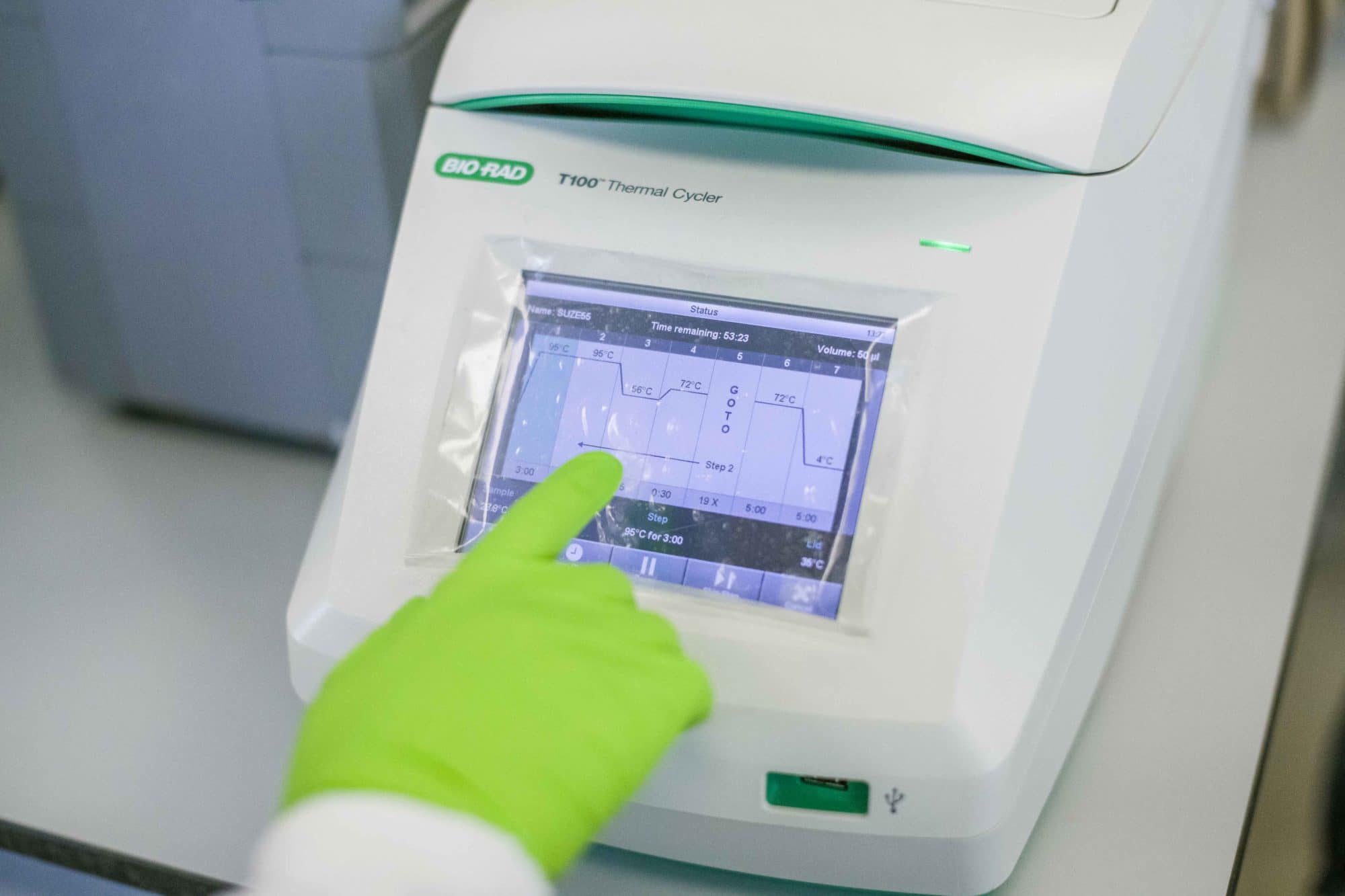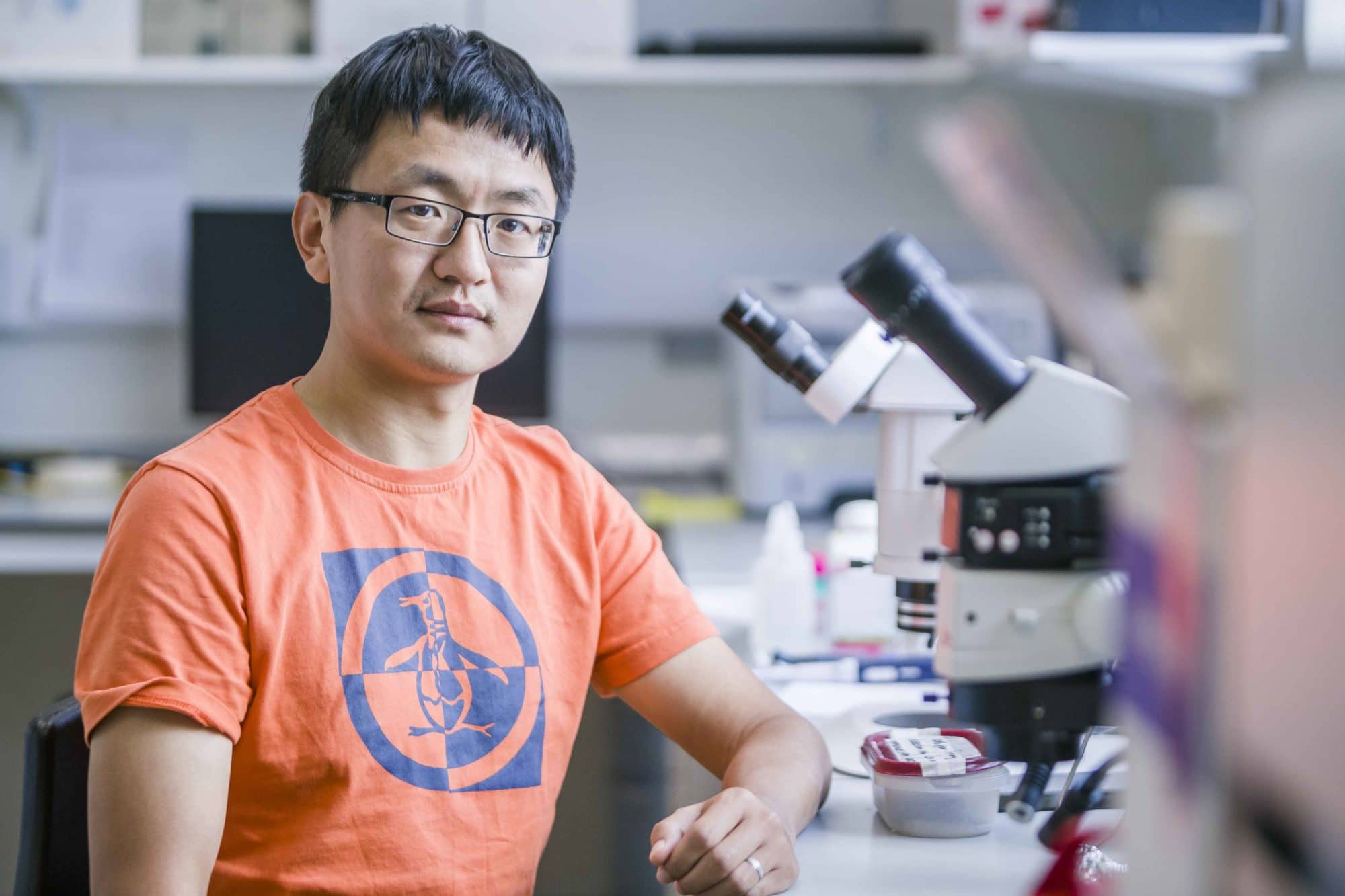
Trusts and Foundations
Inherited retinal dystrophies (IRDs) are the leading cause of blindness in working-age people in the UK, and children as young as eighteen-months are regularly diagnosed.
Search results

Inherited retinal dystrophies (IRDs) are the leading cause of blindness in working-age people in the UK, and children as young as eighteen-months are regularly diagnosed.
Despite the knock-on effects of the pandemic, there’s been a lot going on this year in the world of research! Here are snapshots of a few stories that have appeared in the Research News section of our website in 2022.
Beacon Therapeutics announced positive results from their phase 2 gene therapy trial for X-linked retinitis pigmentosa (XLRP) caused by mutations in the RPGR gene.
Early results from clinical testing of a gene therapy to treat X-linked retinitis pigmentosa (XLRP) have shown partial reversal of sight loss in some patients.
You may have heard that a cell-based treatment approach (sometimes referred to as a “stem cell treatment”), developed by a company called ReNeuron, is being tested in a clinical trial at Oxford Eye Hospital and other centres in the US and Europe.
In recent years there has, understandably, been a lot of excitement around cutting-edge therapies that target the specific genetic faults underlying inherited sight loss.
Information for healthcare professionals: Genetic testing and counselling in inherited retinal disease
Retina UK is delighted to announce that it has awarded three new research grants worth more than £870,000.

Retina UK aims not only to progress research along established threads, but to stimulate new thinking, encourage innovative approaches and nurture original ideas.

Jing Yu is a Research Assistant at the Nuffield Department of Clinical Neurosciences at the John Radcliffe Hospital in Oxford.